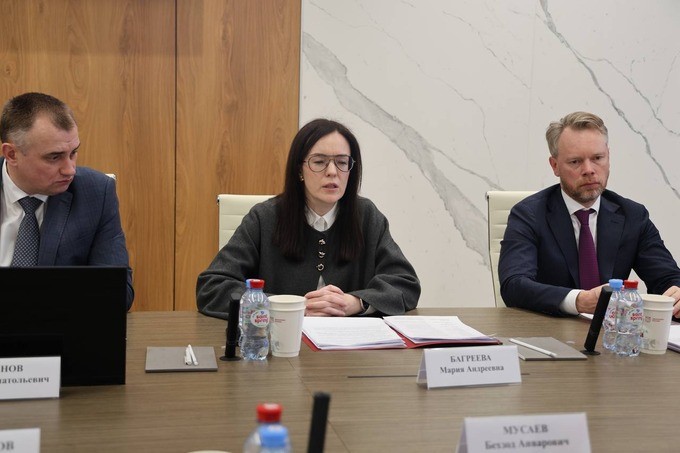Centres in Tashkent for aspiring migrants to Russia
The two countries are working on a new mechanism to govern the flow of migrant workers. By passing in Uzbekistan special examinations in Russian language and legislation, they will be able to obtain a ‘licence’ necessary for issuing residence permits. Legalisation is an issue made more urgent by the serious labour shortage caused by the mobilisation in the war in Ukraine
Tashkent (AsiaNews) - Uzbekistan and Russia are intensifying the drafting of a new procedure for granting work permits to Uzbeks travelling to Russia, given the increasing restrictions and difficulties for all labour migration, involving employers and setting priorities, including allowing them to take the Russian language exam in Tashkent before travelling to Russia. Negotiations are ongoing between the governments of the two countries, and the new mechanism for regulating this issue could become an example for other Central Asian countries, and other regions of the world, to follow.
These prospects were outlined by the director of the Uzbek government's Migration Agency, Bekhzod Musaev, after a meeting in Moscow with the head of the Russian Federal Labour and Employment Service Rostrud, Mikhail Ivankov. Together the decision was taken to implement plans to open special centres in Uzbekistan to prepare citizens wishing to go to work in Russia. The two facilities will also ‘work closely together to analyse the activities of companies interested in hiring migrants, in order to define their level of reliability’, reads the joint note circulated to agencies.
By passing the examination of the Russian language and the Federation's legislation - as well as other subjects necessary for true integration, such as the history and ‘traditional values’ of Russia - migrant workers will be able to obtain a special licence, which is necessary for the registration of work and residence permits. At present, the Tashkent branch of the Russian Multifunctional Centre for Migration Sakharov (Mmz), which was opened in 2021 in the Išga Markhamat complex in the Uzbek capital's Jašnabad district, has been designated as the venue for the training and examinations to be taken, and will now be prepared for the new functions.
The Uzbek delegation also conducted further meetings at the ministries of the interior and foreign affairs, health and economic development, education and scientific research, before drawing conclusions at Rostrud together with representatives of the Moscow government. The problems related to the relations of Uzbek migrants with the Russian population in the various regions were also addressed, also arising from a growth in feelings of xenophobia and aggressive Russian nationalism, but above all from the social conditions of life of the migrants, who are often isolated in reception complexes or in neighbourhoods where they suffer forms of marginalisation and living conditions that are difficult to bear.
Now it will be a matter of organising in Uzbekistan not only access to training to obtain permits, but more generally informing the population about the new conditions, trying to maintain control over flows and travel to Russia. Many Uzbeks, as well as citizens of other countries and especially of Turkmenistan, travel to Russia with tourist visas, trying to exploit them for earnings from moonlighting and personal agreements with resident compatriots or compliant Russians, a situation that is difficult to control even with all the restrictive measures taken recently.
The legalisation and due reception of migrants in Russia will become an increasing priority issue, taking into account the severe labour shortage due to the mobilisation in the war in Ukraine. The Ministry of Foreign Affairs in Tashkent insists with Rostrud on the creation of a one-stop operator in Russia to develop the search for foreign workers with due conditions, which could make the market more effective by involving entrepreneurs, who would have to bear the costs of obtaining a licence. In addition, the Russian side assures to ‘make every effort to counter the dissemination in the world of information of negative news that does not correspond to the reality of migrant workers’, who are often portrayed as dangerous people living outside the law and participating in acts of terrorism and religious extremism.
As a sign of goodwill, an agreement was signed at the end of the meetings to invite 7,000 Uzbek citizens to work in large Russian companies such as Ant Yapi, Ozon, Pek and Spar Middle Volga.
11/08/2017 20:05







.png)










